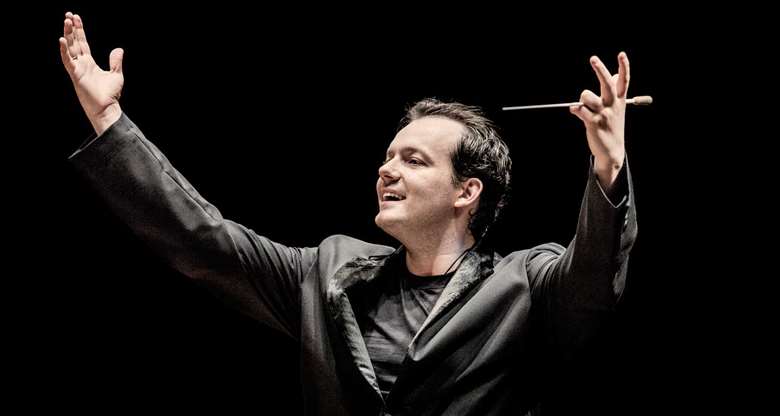Interview: Andris Nelsons on Bruckner and Shostakovich
James Jolly
Monday, April 16, 2018
James Jolly talks to the newly appointed Leipzig Gewandhausorchester Kapellmeister and the Music Director of the Boston Symphony

Register now to continue reading
Thanks for exploring the Gramophone website. Sign up for a free account today to enjoy the following benefits:
- Free access to 3 subscriber-only articles per month
- Unlimited access to our news, podcasts and awards pages
- Free weekly email newsletter








